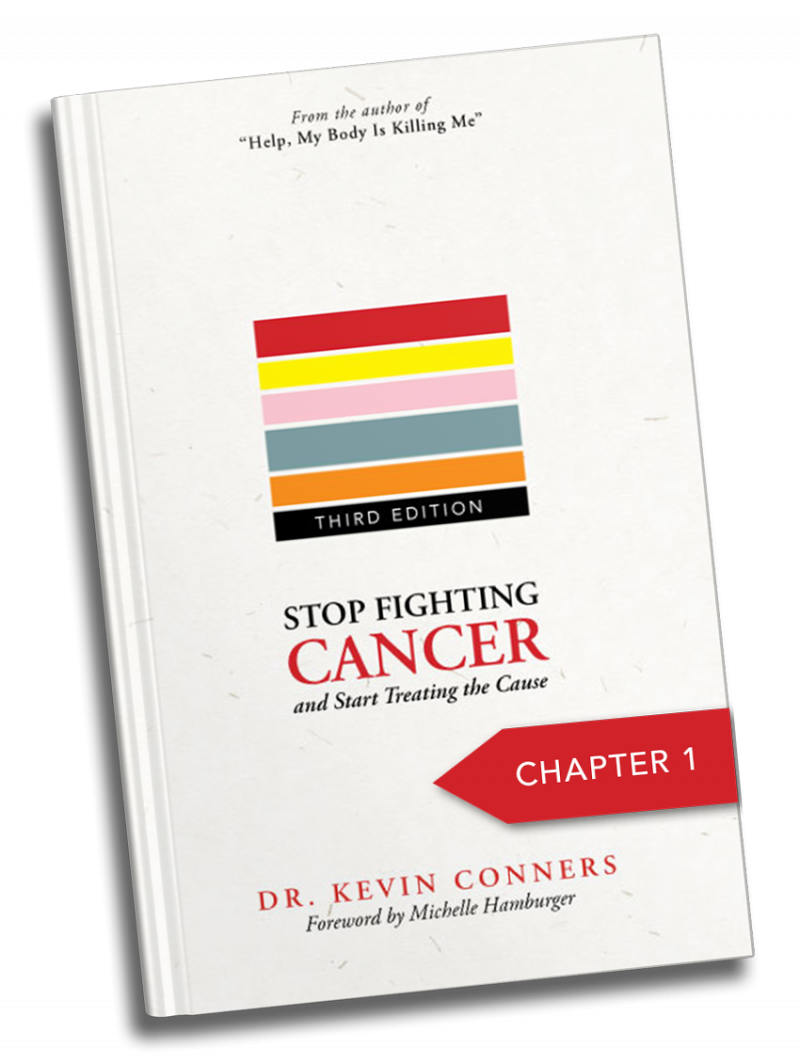Panax ginseng
By: WholisticMatters
Current Medicinal actions:
- Adaptogen – helps balance mood and hormones
- Antioxidant – mild
- Antispasmodic
- Aphrodisiac
- Cardiotonic
- Diuretic
- Hepatoprotective
- Immunomodulator & Immune stimulant
- Nervine Stimulant & Tonic
Traditional Use:
- Long historical use in Traditional Chinese medicine to replenish Qi (the vital energy), increase the production of body fluids and promote health and longevity. It was used for heart failure, dyspnea, mood disorders, palpitations, and long-term debility and was above all a tonic herb which revitalized the functioning of the body as a whole.
Evidence Based Use:
- Numerous scientific investigations have been undertaken to better understand the diversity of pharmacological properties demonstrated, and its activity appears to be based on whole body effects, rather than individual organs or systems. There is extensive literature on chemical constituents and bioactivities including: anti-aging, anti-diabetic, immunoregulatory, anti-cancer, neuroregulation activity, wound and ulcer healing activity, etc.
- As an adaptogen can increase resistance to biological, chemical and physical stressors, acting mainly on the hypothalamus and having a sparing action on the adrenal cortex (mediated through the anterior pituitary and ACTH release). It appears to tune the adrenal cortex so that initial reactions to stress are more efficient, and the response is stronger and quicker, thus feedback control is more effective and glucocorticoid levels fall more rapidly to normal. During prolonged stress will have a glucocorticoid-sparing effect while at the same time adrenal capacity is increased (a trophic effect). Short-term use will help to cope with increased tiredness resulting from stress where increased mental or physical performance is required.
- Can improve resistance to infection and assist recovery from disease or surgery, and to minimize the side effects of radiation or chemotherapy.
- Long-term use for the elderly, as a tonic to improve well-being.
- Useful in impotence and poor sperm count or function can enhance fertility, and especially low libido in men but also women, and can improve symptoms of menopause.
- Long-term use to prevent cancer (may improve natural resistance against malignant tumours).
- May also be useful for the treatment of noninsulin-dependent diabetes, alcoholism, drug abuse, HIV infection and to prevent pre-eclampsia during pregnancy.
Mechanism of Action & Pharmacology:
- Triterpene saponins (Ginsenosides/ginpanaxosides) are considered to be the major pharmacologically active agents and can be divided into two classes – the protopanaxatriols consisting mainly of Rg1, Rg2, Rf and Re and the protopanaxadiols consisting mainly of Rc, Rd, Rb1 and Rb2.
- Note: ginsenosides have low bioavailability and are not likely the active forms which reach the bloodstream after oral doses of ginseng, and so greater weight should be given to the oral pharmacological studies vs. vitro investigations. Their decomposition products after the action of digestion and bowel flora are absorbed and may be their true active forms of the ginsenosides. These metabolites have been identified as prosapogenins and sapogenins.
- Ginsenosides have corticosteroid-like action and inhibit re-uptake of GABA, NE, dopamine, gluatmate, and serotonin. Can also reduce ACTH-stimulated cortisol production and significantly inhibit the production of corticosterone in a dose-dependent manner, and lower serum ROS and malondialdehyde (MDA) levels, thereby increasing total glutathione concentrations and GSH Reductase activity and possibly contributing to anti-fatigue effects.
- The individual ginsenosides may have opposite effects such as vasoconstriction & dilation, increase & decrease cardiac performance, hemostatic & anti-coagulant, and CNS stimulant & depressant.
- Polysaccharides are antioxidant, hypoglycemic, and anti-tumorogenic.
Pharmacy:
- Decoction: 1 tsp/cup, simmer 10 min TID.
- Tincture: (1:2, 40%), 1-2 ml TID. 40 ml weekly max.
- Capsules: 0.5- 3 QD, standardized to 4-7% ginsenoside content.
- Note: Pause dosing 6 week on 4 weeks off (avoid long-term use unless in lower doses).
Safety & Toxicity Concerns:
- Results from controlled clinical trials using a daily dose of 1 g indicate that ginseng is generally safe and well tolerated. However, higher doses may cause side effects, and Ginseng Abuse Syndrome (GAS) has been described as overuse causing hypertension, with nervousness, palpitations, chest pain, euphoria, insomnia, skin eruptions, headache, nosebleeds, vomiting and diarrhea.
- Ginseng may cause side effects related to an estrogen-like activity in women (e.g mastalgia & postmenopausal vaginal bleeding have been reported).
- Note: Reports on side effects are controversial due to lack of information on the type of ginseng used in studies, though death reports exist.
- Avoid in history of arrhythmia, acute asthma, hypertension, acute infections, and ADHD. Use caution with acute infection and in hyper tense people and in children.
- Use cautiously during pregnancy (controversial).
Interactions:
- Avoid concurrent use with stimulants such as caffeine and amphetamines (due to additive effects).
- May decrease effectiveness of antihypertensive medications (e.g nifedipine).
- May potentiate effects of anticoagulant (e.g. Warfarin), hypoglycemics and sildenafil.
- Theoretical interaction with anti-psychotics, MAOIs, sedatives, immunosuppressants, and other hormone therapies.
- May potentiate adverse effects of chemotherapeutic drugs (e.g. imatinib), HIV integrase inhibitors (e.g. raltegravir).
- Bone, K. Mediherb: Professional Review, Ginseng The Regal Herb – Part 1. Number 62, May 1998.
- Bone, K. Mediherb: Professional Review, Ginseng The Regal Herb – Part 2. Number 63, May 1998.
- Bone, K. Mediherb: Professional Review, Ginseng The Regal Herb – Part 3. Number 64, May 1998.
- Braz, A. et al. Effects of Panax ginseng extract in patients with fibromyalgia: a 12-week, randomized, double-blind, placebo-controlled trial. Rev Bras Psiquiatr. 2013 Mar;35(1):21-8.
- Buettner, C. et al. Systematic review of the effects of ginseng on cardiovascular risk factors. Ann Pharmacother 2005;39:83-95.
- Coon, J. & Ernst, E. Panax ginseng: a systematic review of adverse effects and drug interactions. Drug Safety 2002;25(5):323-344.
- Criollo, J. Medicinal Herbs Quick Reference Guide. 1st ed. Wellness Trading Post, 2004.
- Flanagan, S. et al. The Effects of a Korean Ginseng, GINST15, on Hypo-Pituitary-Adrenal and Oxidative Activity Induced by Intense Work Stress. J Med Food. 2018 Jan;21(1):104-112
- Han, H. et al. Effects of red ginseng extract on sleeping behaviors in human volunteers. J Ethnopharmacol. 2013 Sep 16;149(2):597-9. .
- Hasegawa, E. et al. Inhibitory effect of protopanaxatriol ginseng metabolite M4 on the production of corticosteroids in ACTH-stimulated bovine adrenal fasciculata cells. Life Sci. 2013 Apr 9;92(12):687-93.
- Kim, H. et al. Antifatigue effects of Panax ginseng C.A. Meyer: a randomised, double-blind, placebo-controlled trial. PLoS One. 2013 Apr 17;8(4):e61271.
- Park, H. et al. Effects of Korean red ginseng on semen parameters in male infertility patients: A randomized, placebo-controlled, double-blind clinical study. Chin J Integr Med. 2016 Jul;22(7):490-5.
- Ru, W. et al. Chemical constituents and bioactivities of Panax ginseng (C. A. Mey.). Drug Discov Ther. 2015 Feb;9(1):23-32.
- Seo, S. et al. Antioxidative effects of Korean red ginseng in postmenopausal women: a double-blind randomized controlled trial. J Ethnopharmacol. 2014 Jul 3;154(3):753-7.
- Shah, S. et al. Electrocardiographic and blood pressure effects of energy drinks and Panax ginseng in healthy volunteers: A randomized clinical trial. Int J Cardiol. 2016 Sep 1;218:318-323.
- Shergis, J. et al. Panax ginseng in randomised controlled trials: a systematic review. Phytother Res. 2013 Jul;27(7):949-65.
- Shergis, J. et al. Therapeutic potential of Panax ginseng and ginsenosides in the treatment of chronic obstructive pulmonary disease. Complement Ther Med. 2014 Oct;22(5):944-53.
- Sucich, MI, Sanoski CA. Herbal Notes: Complementary & Alternative Medicine Pocket Guide. Philadelphia, PA: FA Davis Company; 2011.
- Wang, J. et al. The effective mechanism of the polysaccharides from Panax ginseng on chronic fatigue syndrome. Arch Pharm Res. 2014 Apr;37(4):530-8.
- Yennurajalingam, S. et al. A Double-Blind, Randomized, Placebo-Controlled Trial of Panax Ginseng for Cancer-Related Fatigue in Patients With Advanced Cancer. J Natl Compr Canc Netw. 2017 Sep;15(9):1111-1120.
NOTE: All of the above statements have not been evaluated by the Food and Drug Administration. This product is not intended to diagnose, treat, cure, or prevent any disease.
Dr. Conners graduated with his doctorate from Northwestern Health Sciences University in 1986. He holds AMA Fellowships in Regenerative & Functional Medicine and Integrative Cancer Therapy.
He is the author of numerous books including, Stop Fighting Cancer and Start Treating the Cause, Cancer Can’t Kill You if You’re Already Dead, Help, My Body is Killing Me, Chronic Lyme, 3 Phases of Lyme, 23 Steps to Freedom, and many more you can download for FREE on our books page.






 In this Brand New 3rd Edition Dr. Kevin Conners adds almost DOUBLE the content with all new insights and practical tips on how to understand your body’s ability to heal and get back to a state of health.
In this Brand New 3rd Edition Dr. Kevin Conners adds almost DOUBLE the content with all new insights and practical tips on how to understand your body’s ability to heal and get back to a state of health.